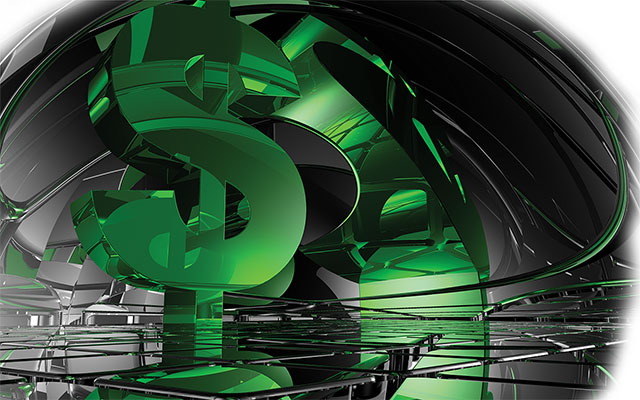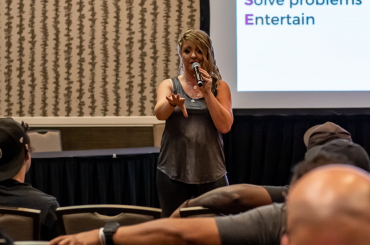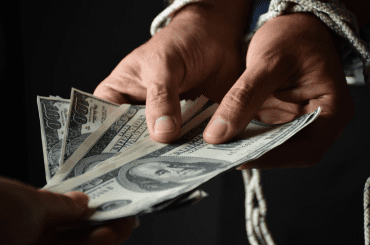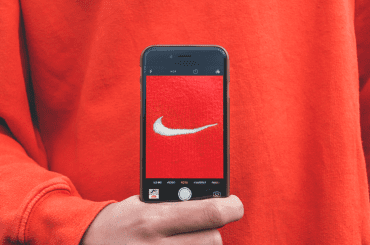“I’m in heaven when I get a call for a Thursday wedding, or even a Sunday.”
In his market, JD the DJ says that as changes in the industry cause more and more increases in quality, more companies are doing the all-inclusive packages and no more upsells.
“Ever since I started doing this in 1992 as a single operator, I wanted to do the works and provide the best package and price,” he says. “There are countless companies across the U.S. that charge one price for the day and are getting top dollar because they’re providing uplighting, sound, video and more. A lot of clients like not worrying about what’s included or not.
“My reputation is that I bring the entire party. Yes, I charge $3,500 for a wedding, but I do a lot and there are guys who charge more than I do.
“I’m not the right DJ for everyone, but I’m a single operator and this is what works for me.”
Also in the state of Washington, Adam Tiegs of Adam’s DJ Service in Seattle says pricing is different for everyone due to the fact we’re all in unique situations. “For example, when I had a full-time job and only DJ’d on the side for extra money, I felt I charged plenty,” he says. “But looking back, I wasn’t charging enough. Now that I’ve DJ’d full-time since 2007, pricing is something I look at every year.
“As a multi-op, I have DJs with different talent levels, experience, personalities and skill-sets at my disposal. I found myself offering the ‘least-expensive’ solutions in my area in order to compete. Since 2012, however, I’ve been a solo-op and changed what I’ve done drastically.
“Why? Because now I’m selling myself—the uniquely skilled DJ and MC with lots of experience—and what’s that worth? To some folks, it might only be worth $500-$1,000. But to me, $1,750-$3,000 is my range for what I charge for weddings. Where you’re doing geographically compared to your competitors, along with where you want to do your events, will have an impact on your prices.”
Tiegs says he plans on upping his prices again for 2017 by $300-$500 per gig. “Not only do I want to do less events,” he explains, “but I feel that my value in this market calls for that raise. Not to mention, our costs continuing to rise due to inflation and other economic factors.
“I remember being stuck in a certain rut, not wanting to raise my costs at all, because I thought I charged a good going rate and thought I’d lose opportunities if my prices were too high. What I found is that they really weren’t high enough! Know your market – what your ideal clients are spending on average. Offer something different than your competitors and show more value, and then you’ll be able to charge more.”
Back over the Midwest, Blake Eckelbarger (DJ Sticky Boots) in South Bend, Ind., says that he’s recently been raising his prices on packages. “We’ve held steady pricing for the last few years on our core packages and enhancements, but this year we raised prices on packages about 13-percent on average,” he says. “We raised the lower-priced packages more than the highest-priced packages based on other prices in our market, plus the fact our economy locally is strong and growing stronger.
“With strong demand, I felt an adjustment was necessary.”
However, Eckelbarger says his company did not raise their charges on enhancements such as uplighting. “Uplighting, in particular, is becoming more of a commodity in our market now, and even though we have more sophisticated gear than our competition, uplighting is still a profit center that I don’t want to jeopardize by overpricing, relative to our market.
“We did our latest pricing change in January, and so far it’s had no negative effect on our bookings. In fact, some prospects who had initially inquired last fall at the lower prices and didn’t make a decision are now ready to book—and are happily paying the new rates and haven’t even asked about the previous pricing.”
Meanwhile, down in Rock Hill, S.C., Kevin Porter of Elite Entertainment reports that he’s raised his rates for any bookings eight months out and rolling into 2017.
“My reasons are a few,” says Porter. “First and foremost I haven’t raised my rates in probably six or seven years. Another reason is because I have heard that other companies are charging more and I always try to be very competitive. And thirdly, I’m testing the market to see how much I can increase. I’ve a few venues that I’m working with almost exclusively with, so it’s time to grow.”
Of course, Porter admits that his situation is a little different than others. “Two years ago, I started something that most DJs don’t ever think about,” he explains. “I decided I was tired of going into venues and hearing the B.S. about how they refer me to so many clients all the time and they love when I’m here, yet I’m rarely there or rarely get a call from their clients. So I scaled back to five venues with which I want to do business.
“I purposely started slow, and beginning with this year it’s now paying off. I’ve made these decisions wisely, purposely, and in an educated fashion. And now, it’s time to raise my price for the services that I offer—instead of giving a discount just to give them a discount. I only offer a discount for three different types of audiences— education, first responders and military.
“Through this process, I’ve been able to build a relationship with a few venues that have either started to refer only me or a few other DJ companies. It’s great watching and seeing the process go into effect and the positive effect it’s been having on my business.”








